AATA Blog
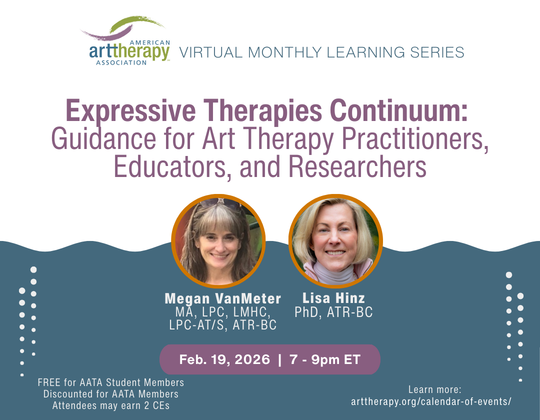
Myths About the Expressive Therapies Continuum, Part III
In the final article of this series, we challenge common assumptions about art materials and the Expressive Therapies Continuum, and explore how these myths distort the understanding of art therapy practice.

Myths About the Expressive Therapies Continuum, Part II
For art therapists who are interested in truly understanding the Expressive Therapies Continuum, retiring the myths they’ve unintentionally been entertaining is an important first step in progressing toward their goals.
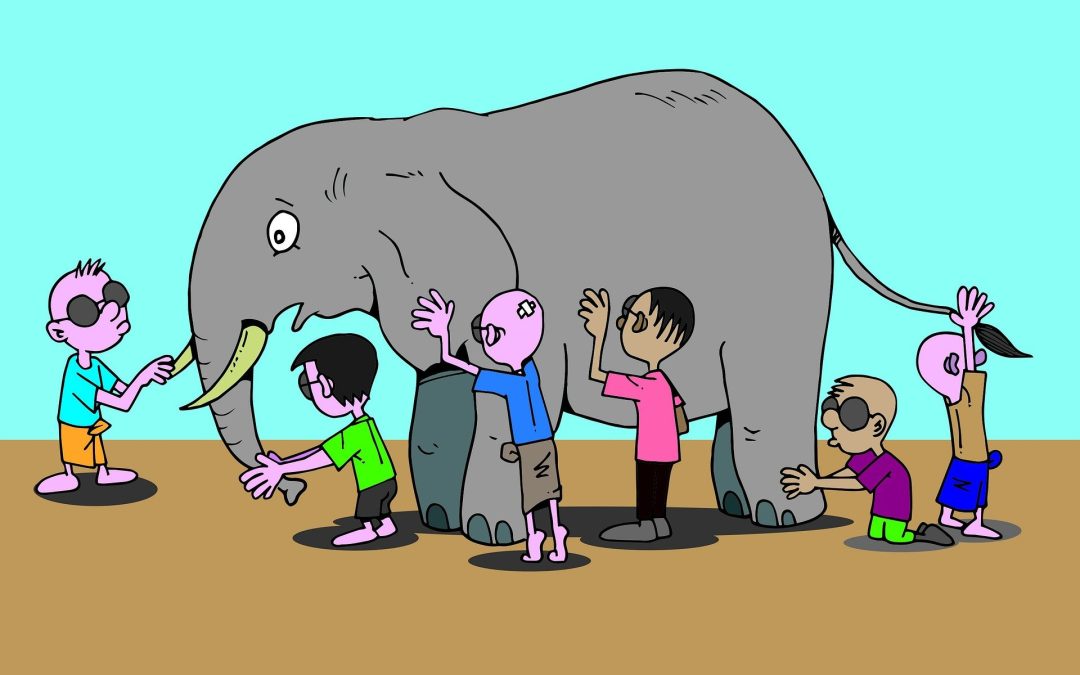
Myths About the Expressive Therapies Continuum, Part I
For art therapists who are interested in truly understanding the Expressive Therapies Continuum, retiring the myths they’ve unintentionally been entertaining is an important first step in progressing toward their goals.
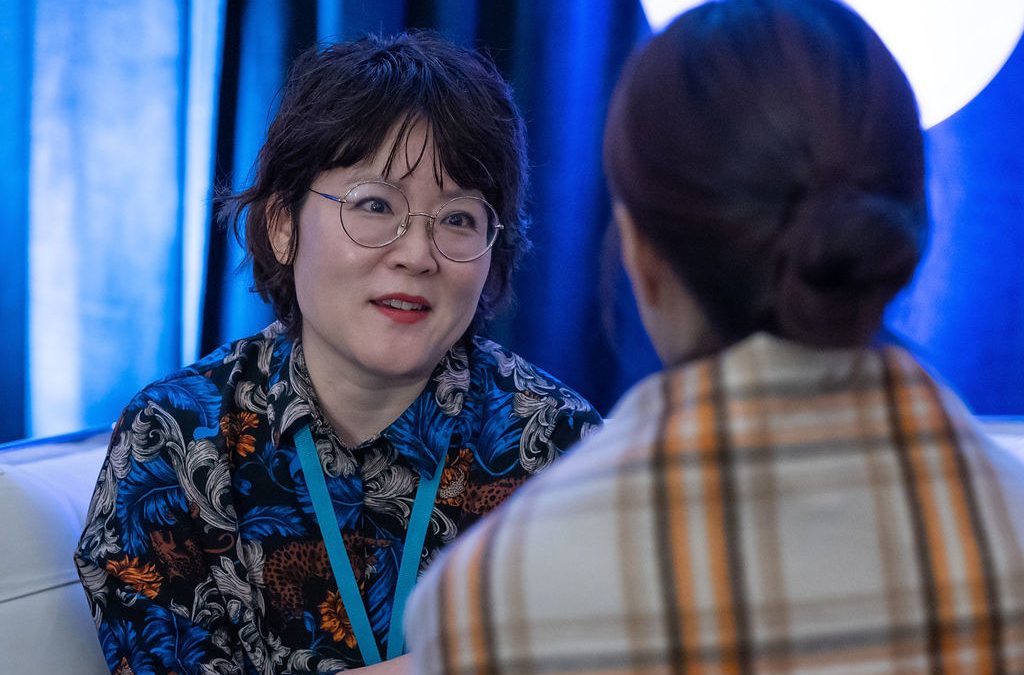
Announcing a New Mentor Match Cohort for 2026!
Whether you’re just entering the art therapy field or looking for a new career direction – a mentor may be able to help you.
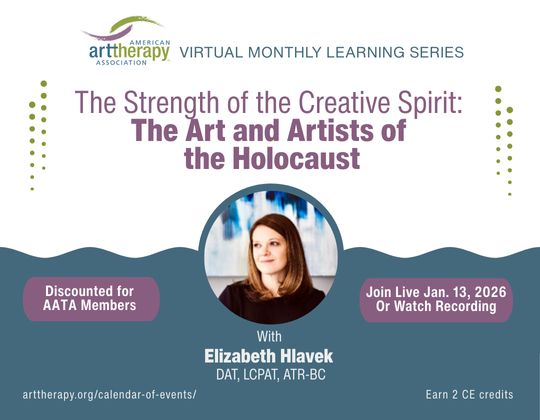
Join Us for a Virtual CE Event on Art During the Holocaust, Jan 13
Join us for AATA’s first virtual Continuing Education session of the year, The Strength of the Creative Spirit: The Art and Artists of the Holocaust with Elizabeth Hlavek, DAT, LCPAT, ATR-BC, which will explore the art of the Holocaust as a phenomenon.
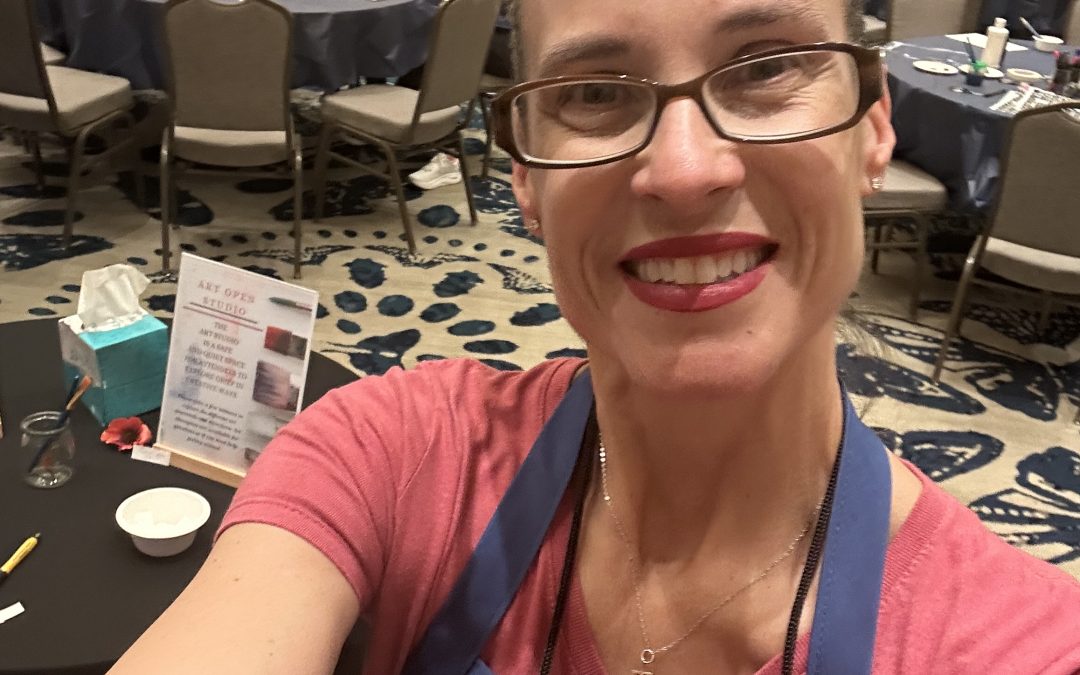
Featured Member: Jenna Michalik Preston
“I am currently running for Congress to advocate for mental health. Throughout my nearly 30-year career, I witnessed that mental health issues (depression, anxiety, trauma, addiction, etc) do not discriminate based on political affiliation. I believe the country is in need of leaders that possess the unique skills we have as therapists to listen with compassion, treat people without judgement or discrimination, and help to make lives better in all those we serve.”
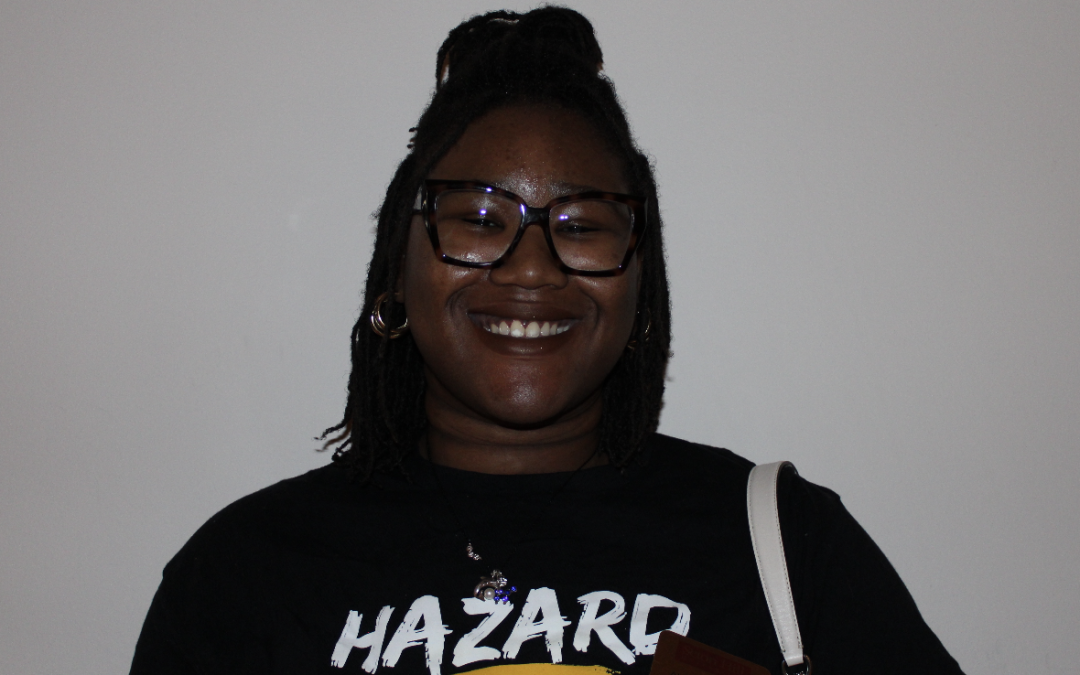
Featured Member: Alexandria Parker
“It was not until the AATA Art Therapy Conference in Pittsburgh that I saw a wide range of Art Therapy professionals and students of color. This then led me to learn more about the Multicultural Committee for AATA. It motivates me to continue this work and to pursue working with multicultural populations, so clients see representation in their sessions.”
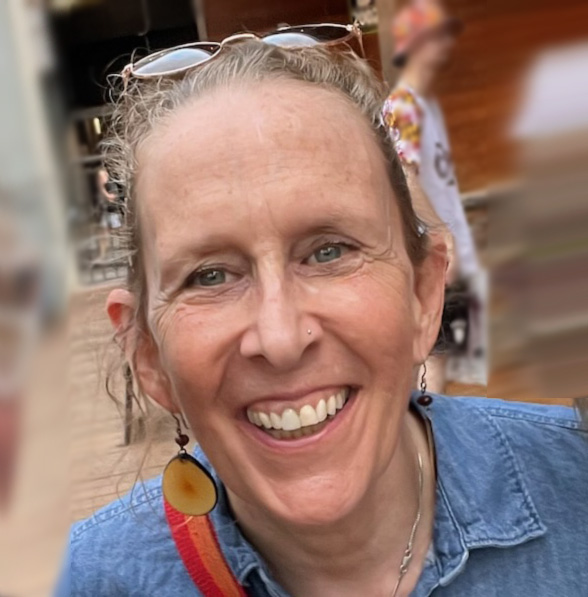
Featured Member: Rebecca Wilkinson
“Working with people with severe mental illness has taught me to appreciate the range of human strengths and experiences in the midst of challenges.”
— Rebecca Wilkinson, MA, ATR-BC, LPC, LCPAT
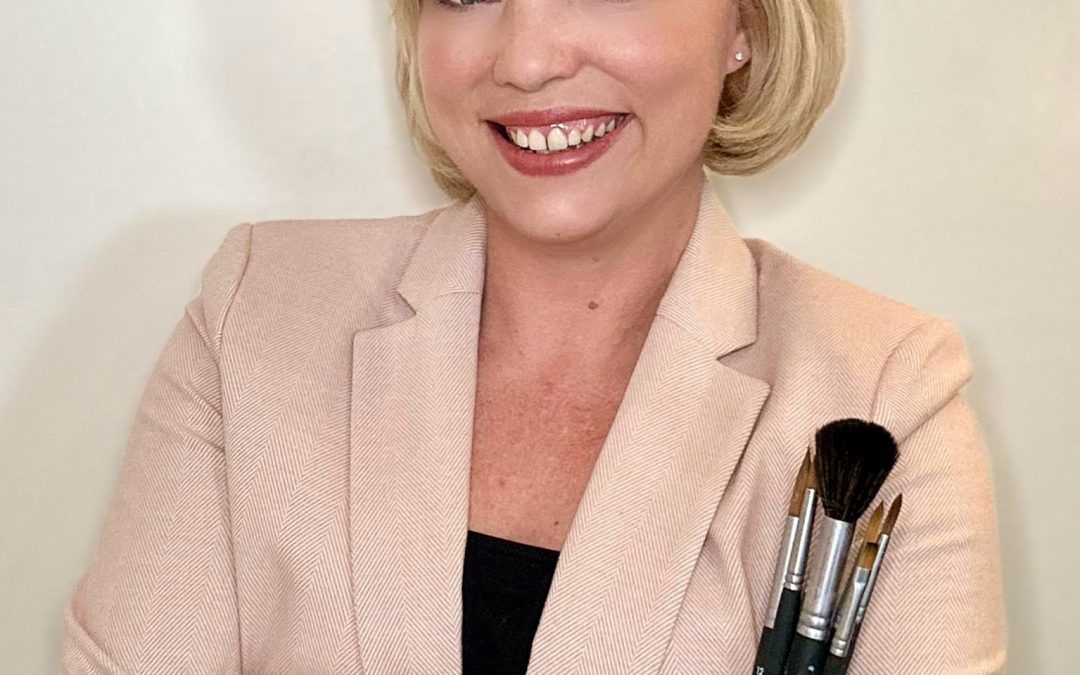
Featured Member: Alicia Seymour
“I would love to see the field continue to build recognition in the wider public. I meet so many people who have never heard of art therapy. They are always so curious and excited to learn we exist.” – Alicia Seymour
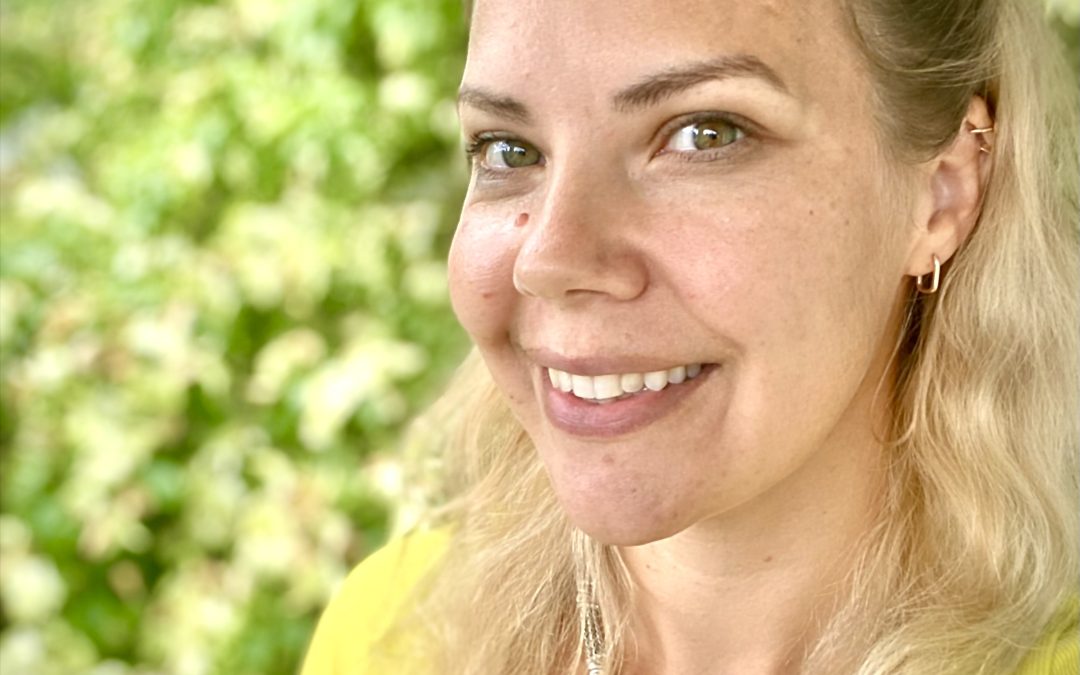
Featured Member: Katie Kapugi
“I would encourage art therapists to keep advocating and that the more we do this, the more accepted it will be, and the more accessible training will be as demand continues to rise.” — Katie Kapugi
